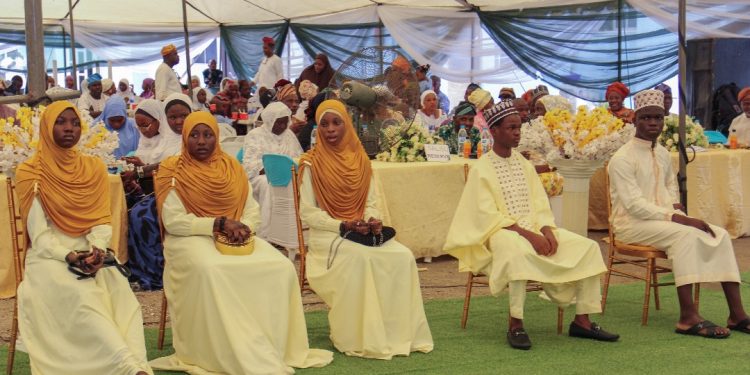Five students marked a significant milestone on Sunday, July 27, as they graduated from Madrasatul Islamiyah War-Arabiyyah during its 4th Qur’anic Graduation Ceremony held at the school premises in Ogba, Lagos.
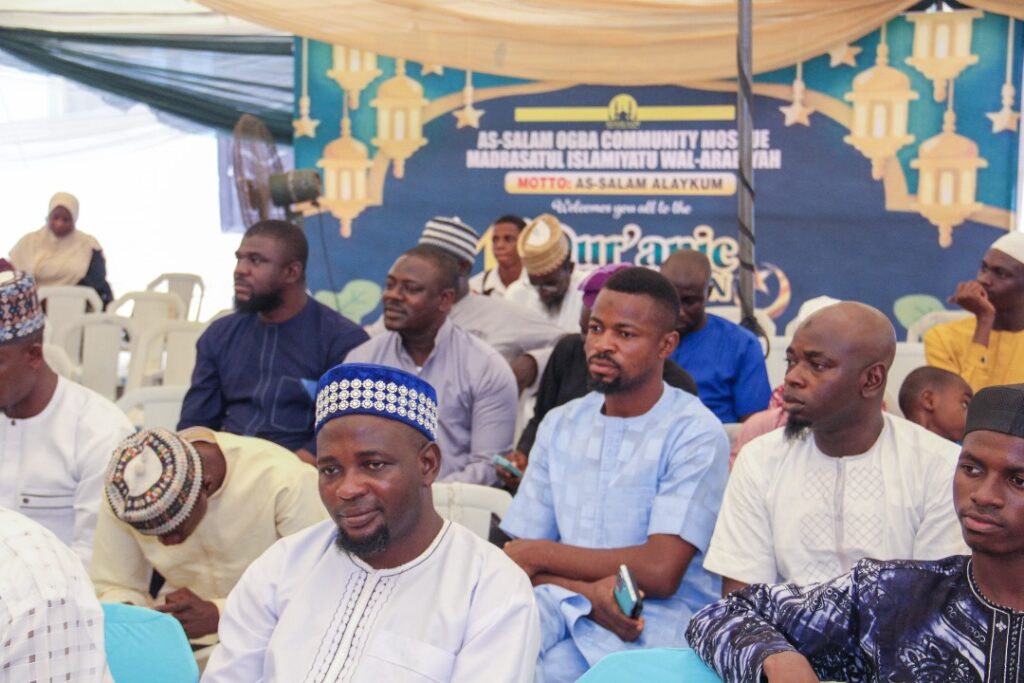
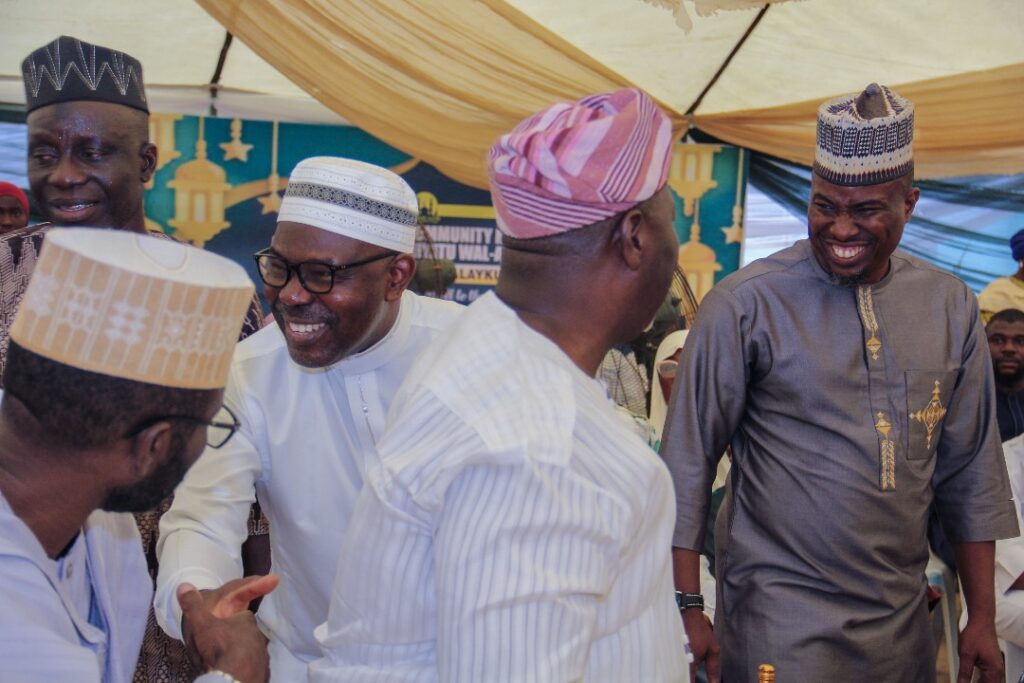
The graduating students—Adeyemo Mustapha, Zubair Hamidah, Fadlullah Ademola, Sefinat Salisu, and Mordiyah Folami—were celebrated in a colourful event attended by top Muslim scholars, family, friends, and Islamic leaders.
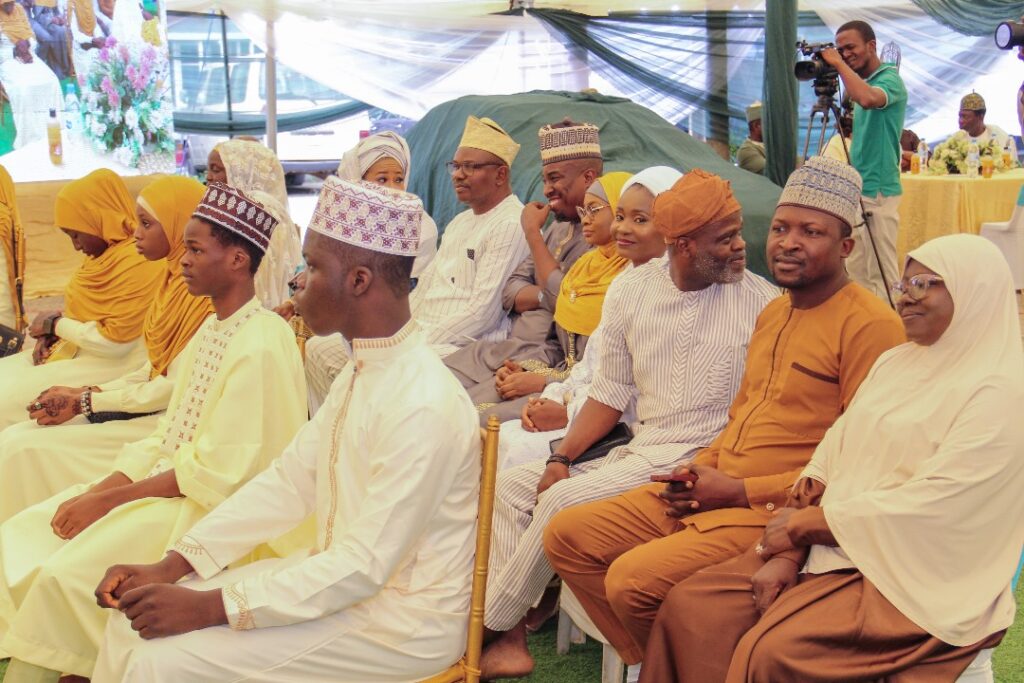
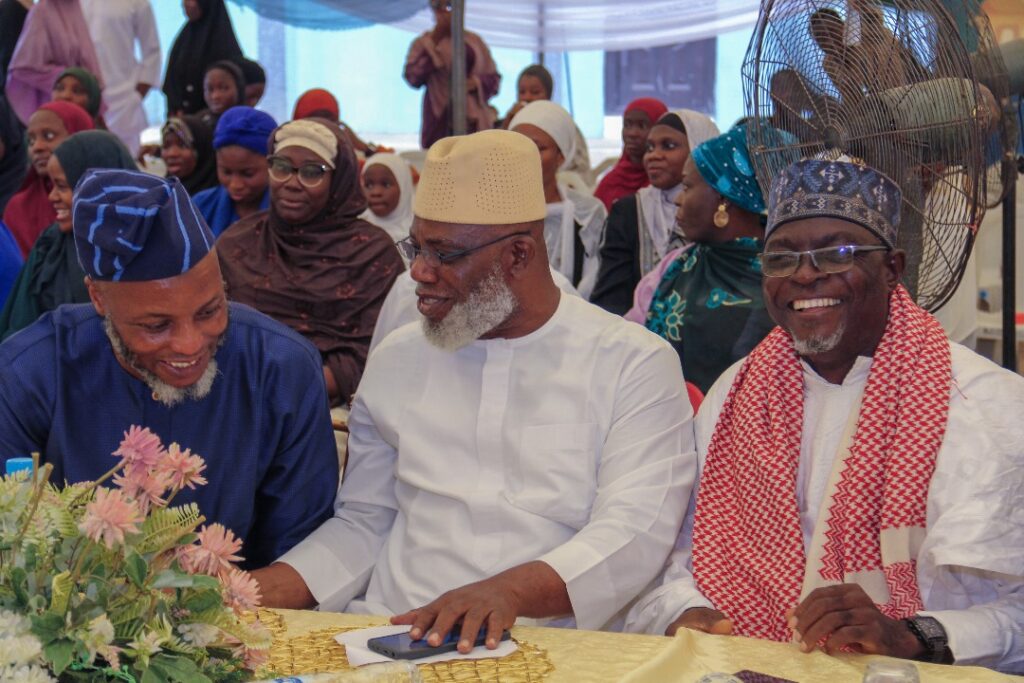
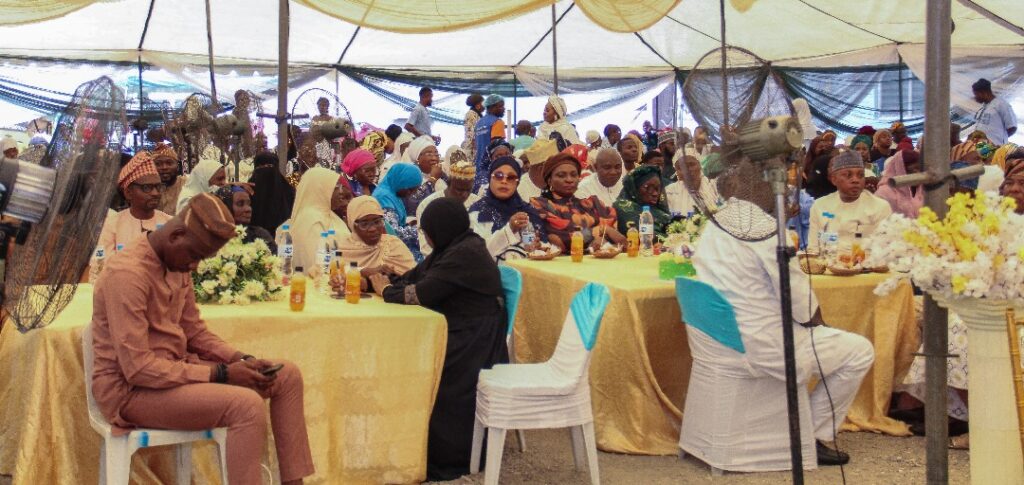
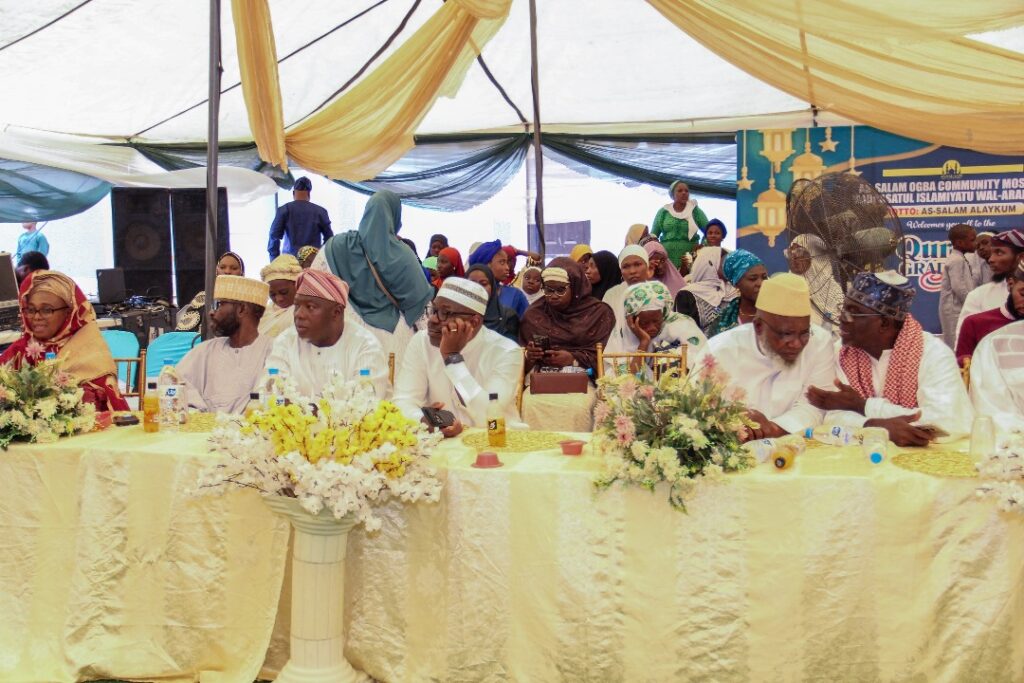
Mordiyah, one of the graduands, is the daughter of renowned broadcaster and Publisher of African Affairs Network, Alhaji Jibril Folami, and veteran LTV broadcaster Hajia Tinuke Aisha’ Oloruntoyin-Folami.
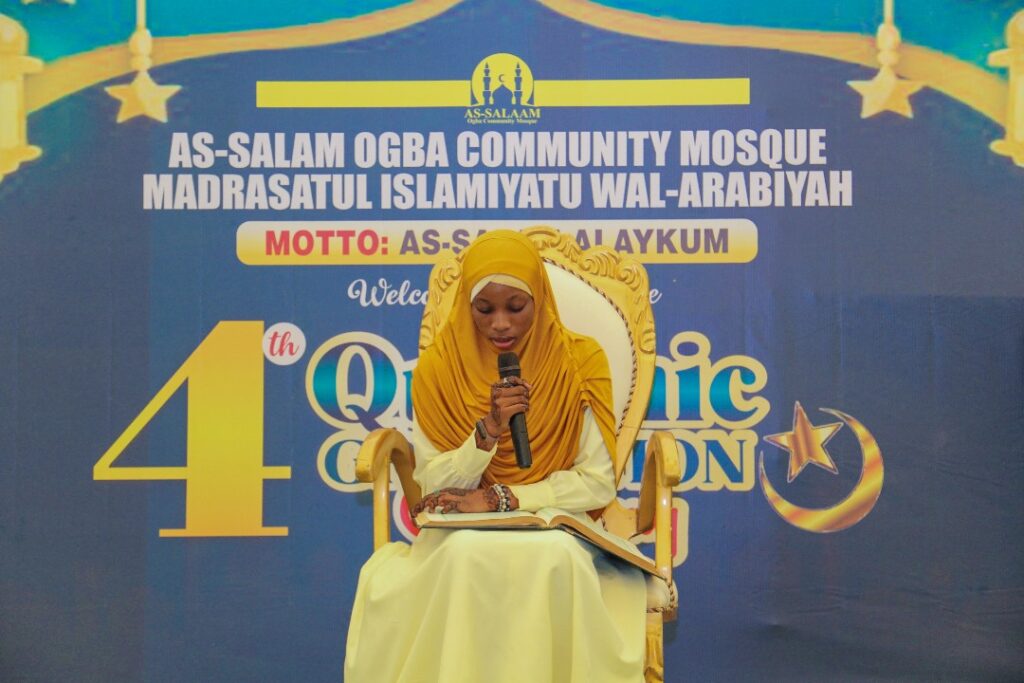
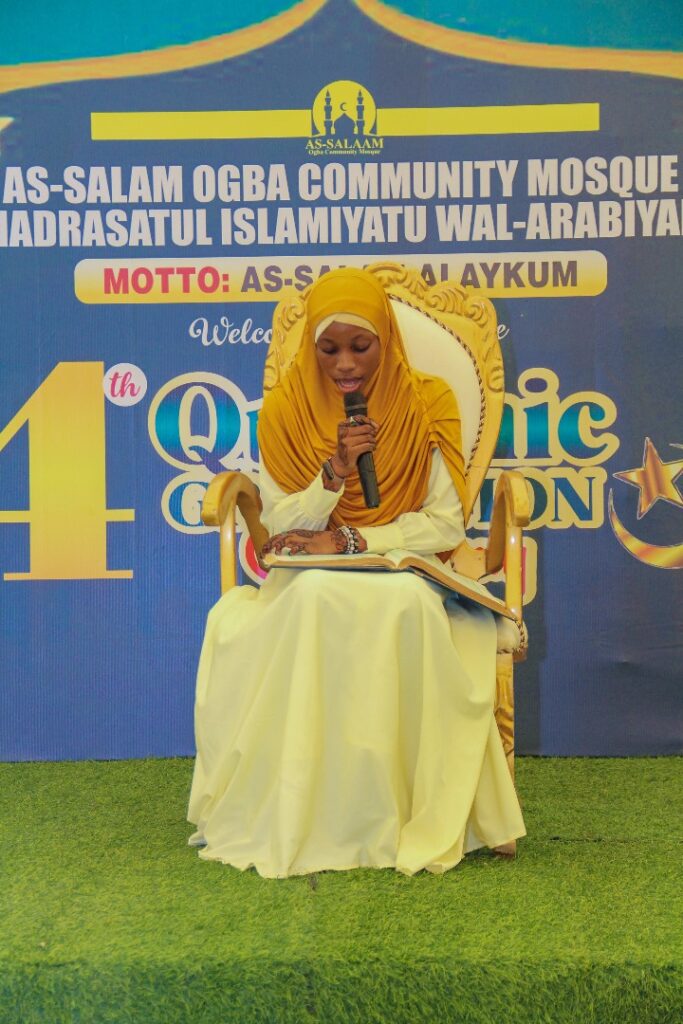
Her classmates also came from different academic levels, including secondary school finalists and students preparing for university studies.
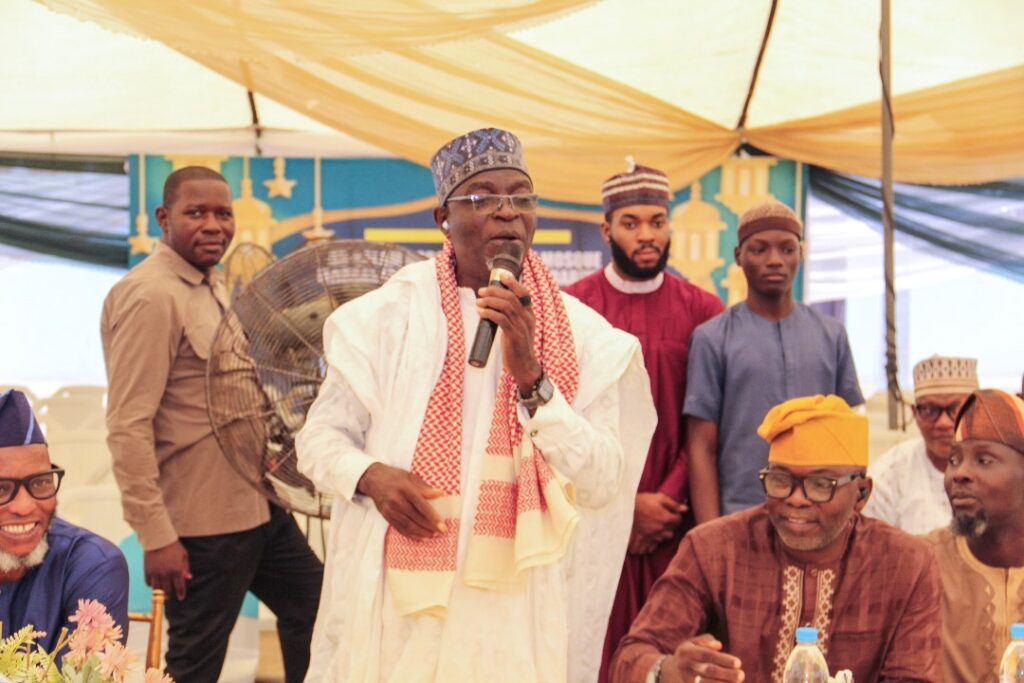
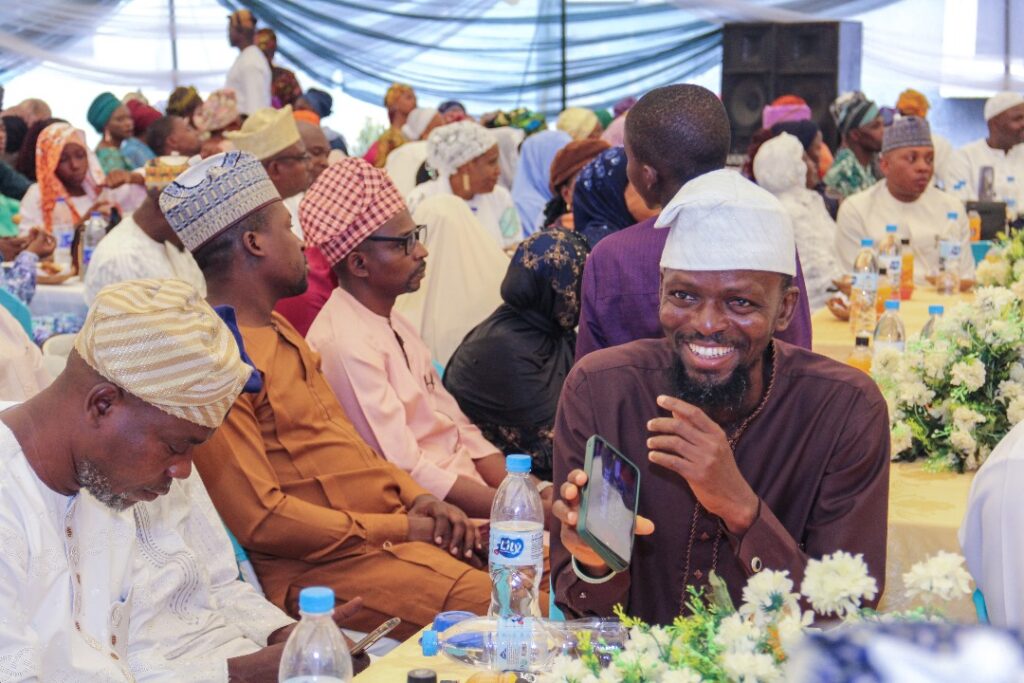
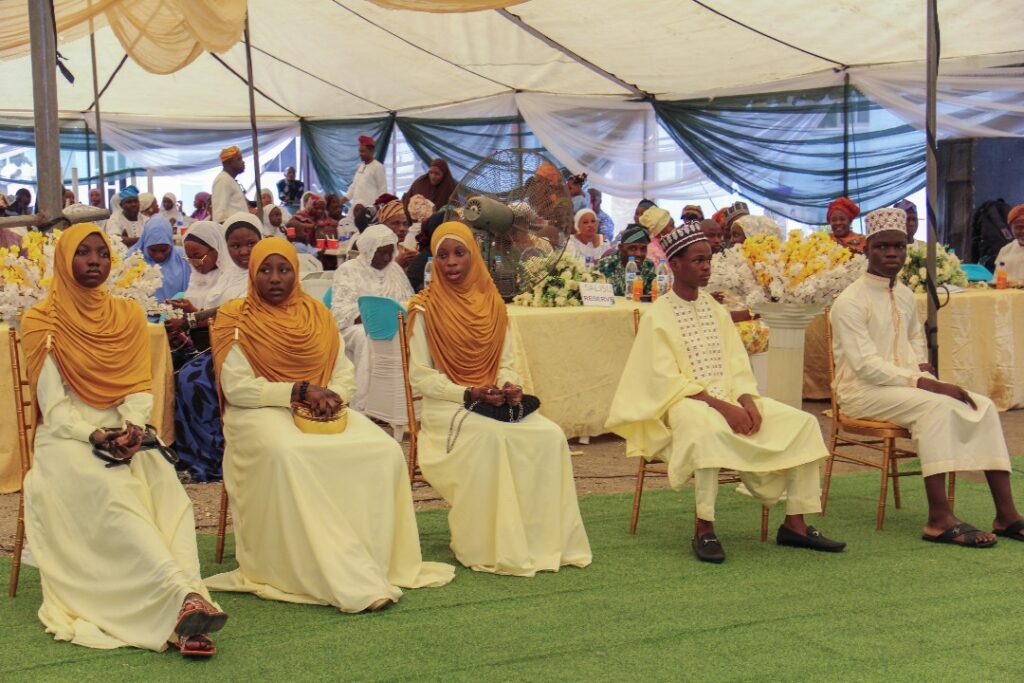
Faith-based learning more relevant than ever – prominent Muslims urge
During the event, the Chief Imam of Masjid Muhammad Rosullullah Islamic Centre (MRC), Sheikh Sulaiman Adangba, called on Nigerian parents to prioritise Arabic and Islamic education for their children.
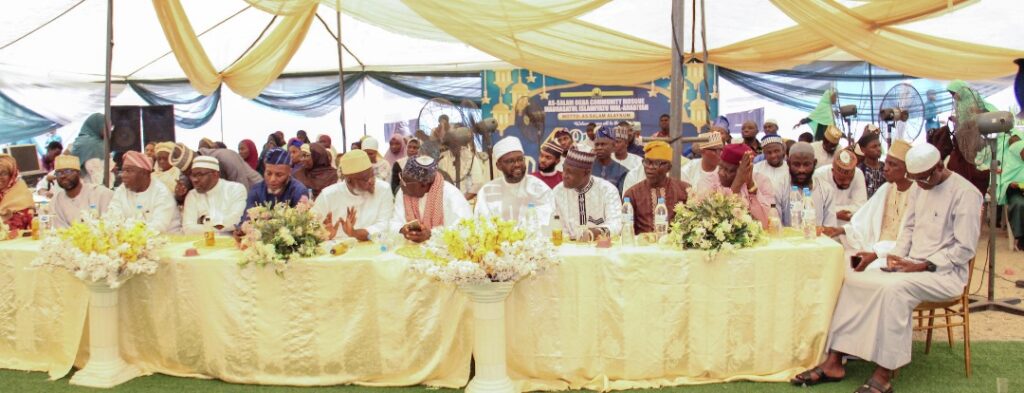
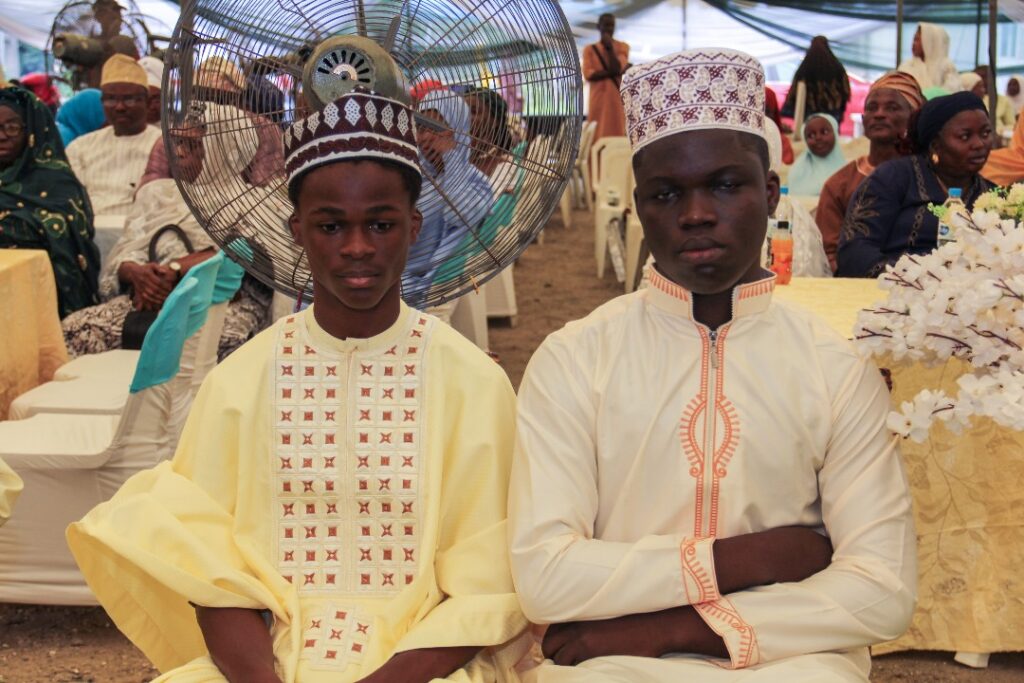
He emphasized that while Western education is valuable, Islamic knowledge is superior for guiding individuals both in this life and the hereafter.
“Western education is useful, but it cannot be compared to Islamic knowledge,” he said. “That is what guides us in this world and the hereafter. It is the foundation of a meaningful life and the key to building a better society.”
Sheikh Adangba also called for increased respect and fair compensation for Arabic teachers, whom he described as crucial in shaping morally upright generations.
Other distinguished attendees included former Chairman of the National Hajj Commission of Nigeria (NAHCON), Alhaji Zikrullah Hassan; Notary Public and Senior Advocate of Nigeria (SAN), Barr. Muiz Banire; and the Aare Musulumi of Ijebuland, Barr. Musibau Oyefeso. They all echoed a similar message—urging parents to embrace and support Islamic education.
Alhaji Hassan praised the school’s management for its dedication and encouraged the graduands to keep learning. “This should not be the end,” he advised. “Continue your studies and grow in knowledge and character.”
Barr. Muiz Banire added, “To achieve a balanced society, all parents must prioritise sponsoring the Islamic education of children.”
The Imam of As-Salaam Ogba Community Mosque, Alhaji Modupe Agbolade Kadri (MAK), congratulated the graduands, noting the school’s effort to reshape public perception of Madrasah education. “We must continue to strive together to impact knowledge that benefits both in this world and the next,” he said.
Dr. Muhammad-Isa AbdulMujeeb, the mosque’s founding Imam and now Managing Director of Our Friend Hospital, said the Madrasah was founded in 2006 with a mission to be a distinguished Arabic school. He encouraged more people to learn beyond the Arabic alphabet and seek deeper understanding.
The event featured Qur’an recitations, Tajweed analysis, poetry performances, and the presentation of a fully automated washing machine to the longest-serving teacher, Ustadh Dhikrullah Akinbola, who also shared his joy.
“I congratulate the graduands and their parents. They’ve shown true commitment to the Book of Allah. But this is just the beginning. They should progress to the next stage,” Ustadh Akinbola said. “The Qur’an is not our mother tongue, so we have to continue learning.”
Graduands also reflected on their journey. Zubair Hamida Ayodeji, now in SSS3, started Madrasah in 2015 at age 5. “I feel very happy. If I had stopped coming to Madrasah, I wouldn’t have achieved anything,” she said, thanking her parents, especially her mother.
Mordiyah Folami praised her Ustadh’s dedication, calling the Qur’an a divine guide. “Anything we want to do, we should do it according to the Qur’an,” she said.
Sefinat Salisu, who completed her secondary education and is preparing to study abroad, said she once doubted herself but found strength through her Ustadh’s support. “We should always put Allah first and practice Islam faithfully,” she said.
“Always believe in yourself and practice the religion,” she advised other girls.
The Walimatul Qur’an ended with prayers, recitations, and expressions of gratitude, marking not just the close of a chapter but the beginning of a lifelong journey with the Qur’an.

